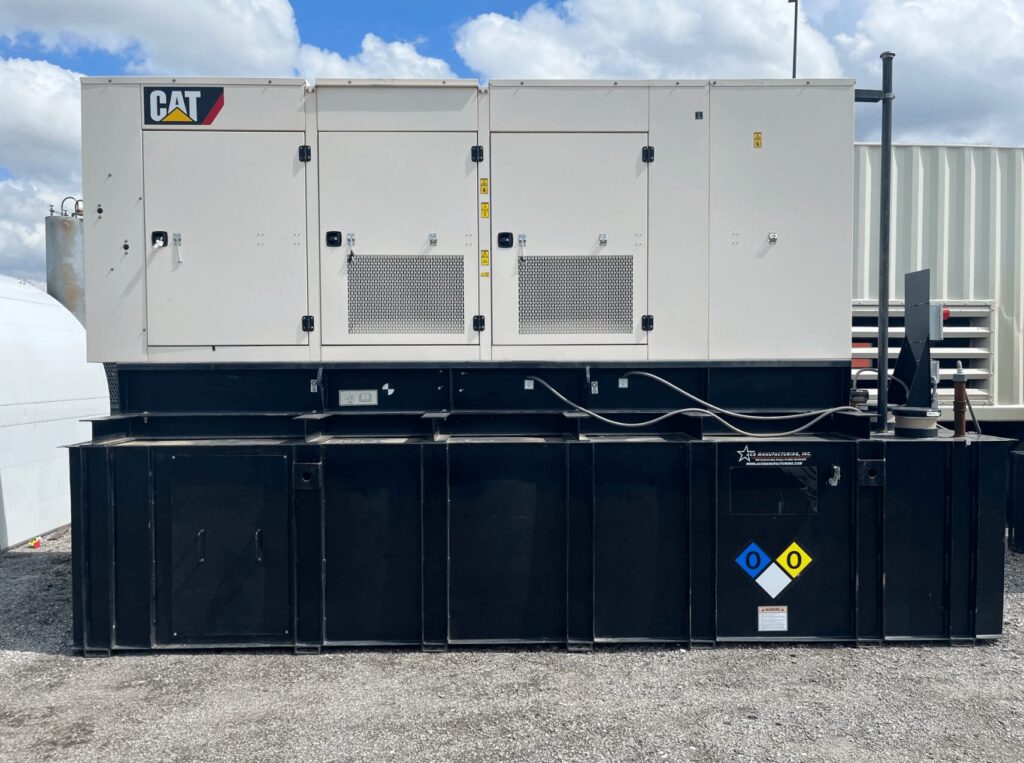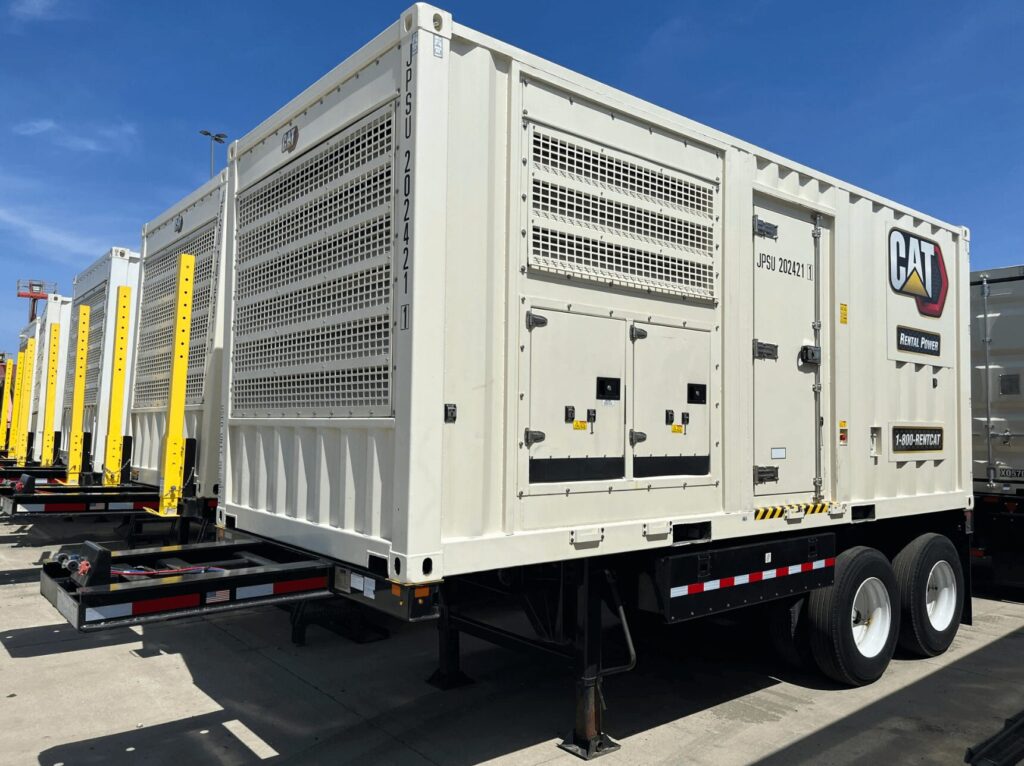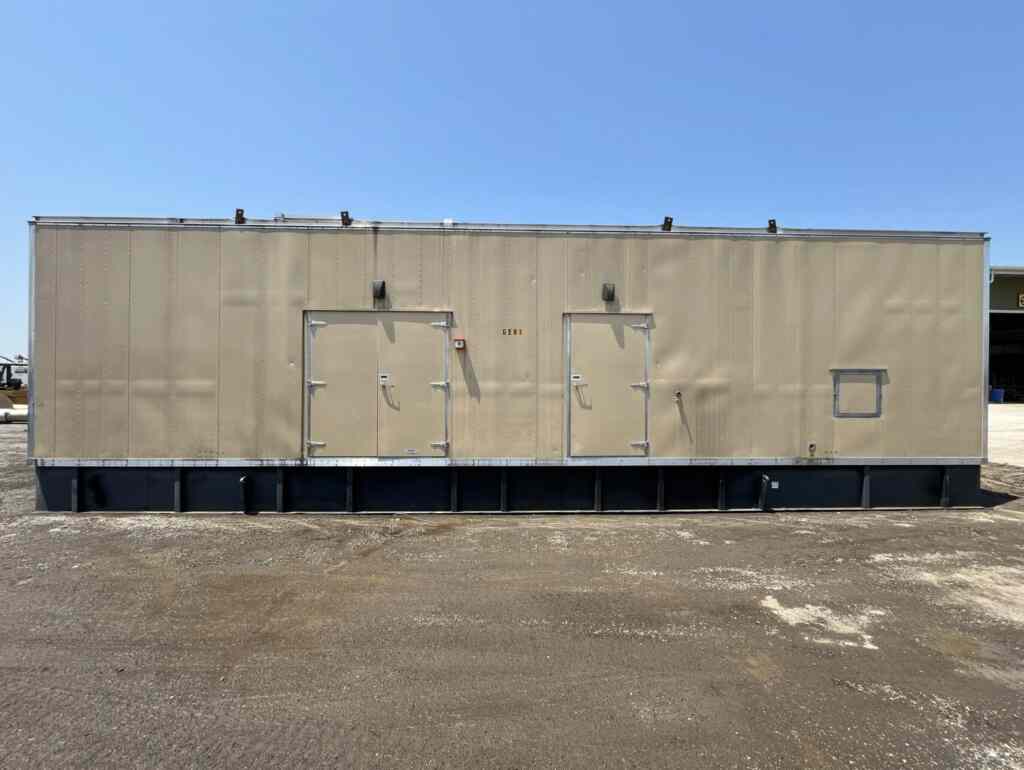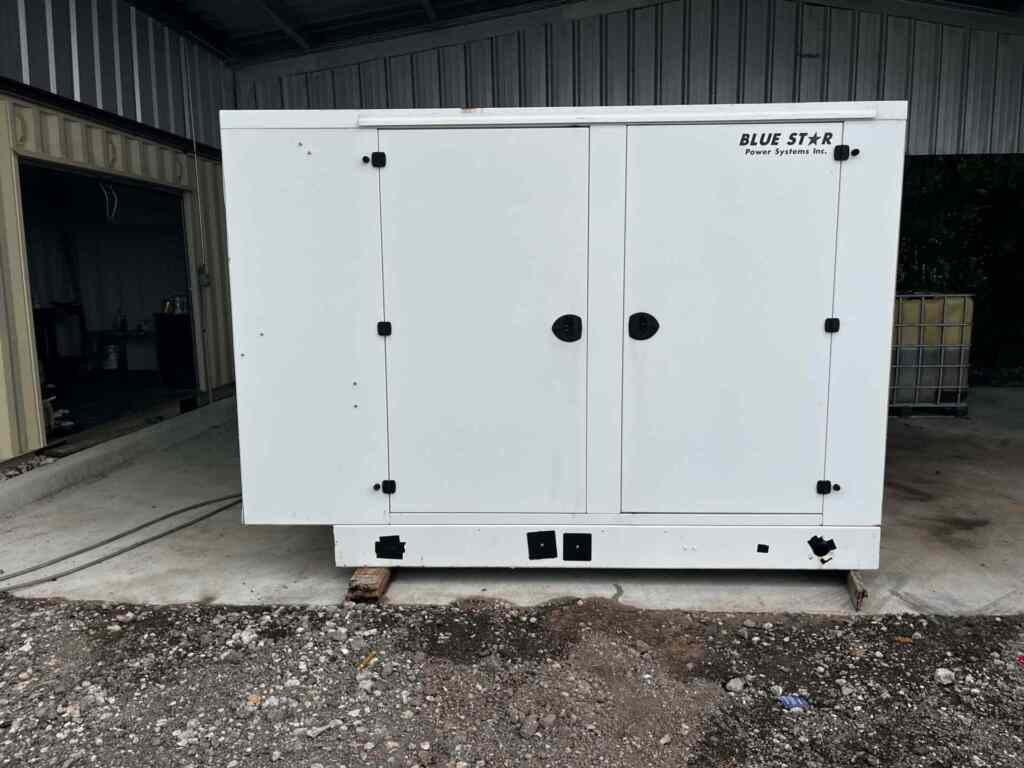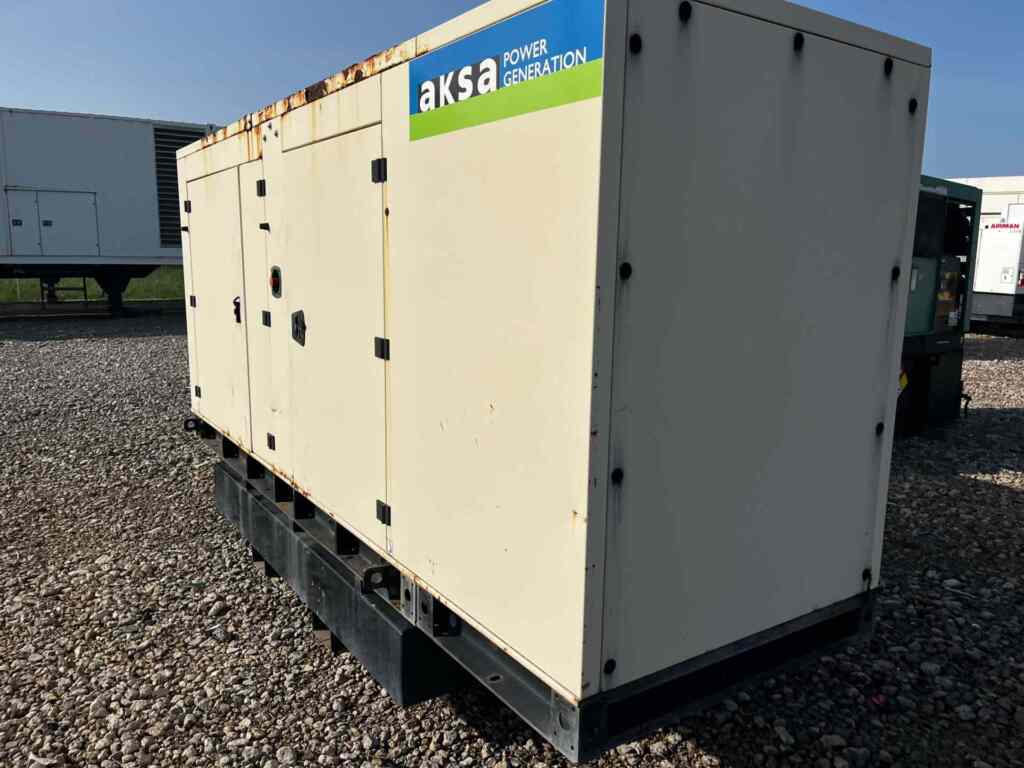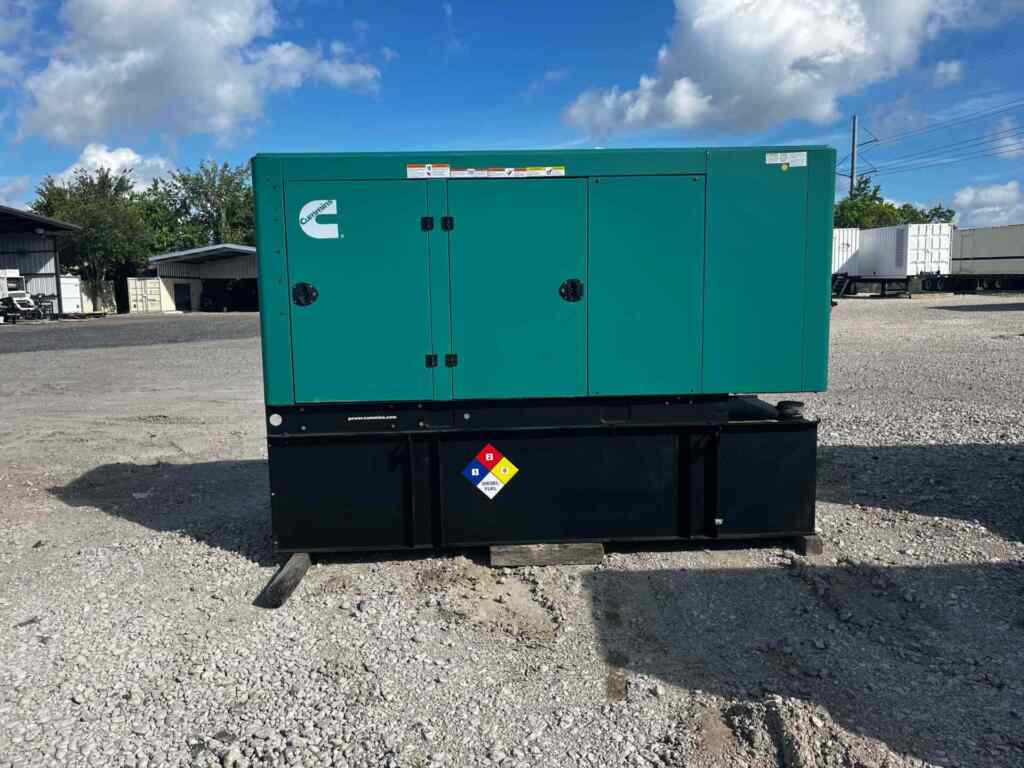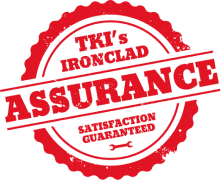Used commercial generators are a quick and reliable way for businesses to power their workplace. Given how crucial primary and backup generators are for any business, being careful with your purchase is important for establishing consistent access to energy.
That all might seem obvious, but not every business owner is privy to what makes a used commercial generator perfect for the workforce. Luckily, that doesn’t mean you can’t learn. Let’s discuss what to look for when buying a used commercial generator for your business needs.
The Generator’s History
The list below is full of great details to consider for this purchase, but the number one detail you must know is the generator’s history. Of course, if you don’t care what condition the generator arrives in, doing your homework might not be enticing.
However, a used commercial generator isn’t always a worn-down generator; these machines vary in quality and capability, but they’re more cost-effective than their new counterparts. Plus, used generators are great for when you need a quality generator quickly because you don’t have to wait for the manufacturer to build the machine. It’s all ready to go.
So if you care about finding a safe and functional used generator, some of the details to look for in a listing include the machine’s age, hours, and unique technical specifications. The generator’s hours are particularly useful to learn because they provide insight into the machine’s frequency of use.
Learning how many hours a used generator has under its belt means you can fine-tune your purchase to further meet your preferences. Furthermore, ask your vendor about any details they have regarding the generator’s history.
For instance, learning whether the generator was a primary or backup power source is another way to determine how frequently the previous owner used it. Has the owner frequently used it for several years, or was the usage only occasional for emergencies? Did they stay up-to-date with maintenance? However, beyond the technical specifications, breaking down what to look for when buying a used commercial generator requires looking at the manufacturers.
Reliable Manufacturers
Just because one brand is more well-known than another doesn’t inherently make it better. That said, many top brands out there are popular for a reason, so they’re a great place to start when researching their reputation. For instance, does the manufacturer have many positive reviews for any given product? Whether the brand is big or small, the experiences of past customers can be illuminating.
Of course, it might feel like a gamble any time you try a new brand, but your firsthand experience will be the true test of quality. After all, if you buy a generator from a specific brand and have a great experience, you can check out what that manufacturer has available next time you’re on the market. Some of the top brands in commercial generator production include Caterpillar, Cummins, and Kohler. Another detail to dive into brings us to the mid-point between manufacturers and customers—the equipment vendors.
Trustworthy Vendors
Like brands, you can turn to trustworthy vendors for quick and reliable help. Suffice it to say that experience varies with vendors, so take the same approach as you would with a brand. For instance, this is another scenario in which looking at customer reviews on their website can give insight.
Moreover, if you know another professional in the industry who has experience with buying used commercial generators, ask them about some of the best vendors they know. Plus, a used generator vendor is someone who you should trust to test the equipment before sending it to your doorstep. For instance, at Turnkey Industries, our used trailer-mounted generators undergo testing and inspection to ensure their quality. It should go without saying that sending someone a broken generator isn’t a sign of a trustworthy vendor.
Quality Upon Arrival
Don’t bring your used generator out in the field before knowing it’s in the condition it needs to be in to work productively and safely. Buying from reliable manufacturers and vendors will provide peace of mind, but inspections are always important nonetheless. For instance, does the generator have damage that was unclear in the product listing?
Like many heavy-duty machines, commercial generators can accrue wear and tear over time, and the degree of which varies depending on the previous owner’s care and commitment to maintenance. However, that doesn’t mean you should settle for a generator that is falling apart. Beyond cracks and corrosion, keep an eye out for any loose components.
After the visual inspection, you should test your generator’s functionality. More specifically, it’s time for a load bank test. A load test showcases how the generator functions by producing a precise, previously chosen kW rating to test overall efficiency and horsepower capabilities. In other words, this test will show you how effectively the generator can function in the field.
Closing Thoughts
The details above showcase how much care goes into finding high-quality used commercial generators. It might seem daunting for first-time buyers, but the steps toward success aren’t terribly dissimilar from buying any workplace equipment.
At the end of the day, it comes down to knowing what you’re buying and who you’re buying it from. Steps like inspecting and testing your generator might be time-consuming, but they will help you avoid arriving at the jobsite with an insufficient power generator.
Once again, the most important aspect of all is the history of the generator. From its hours to maintenance frequency, the generator’s past will help you learn the machine’s condition inside and out. Then, once it finally arrives at your doorstep, you can see the quality for yourself and determine if it’s ready for the jobsite.
Don’t worry; vendors should conduct their own load tests before sending you the generator so that they can guarantee it functions as advertised. That said, it doesn’t hurt to run the tests yourself for peace of mind. Thanks to the tips above, peace of mind should be something you frequently experience whenever you need a new or used commercial generator for any project.
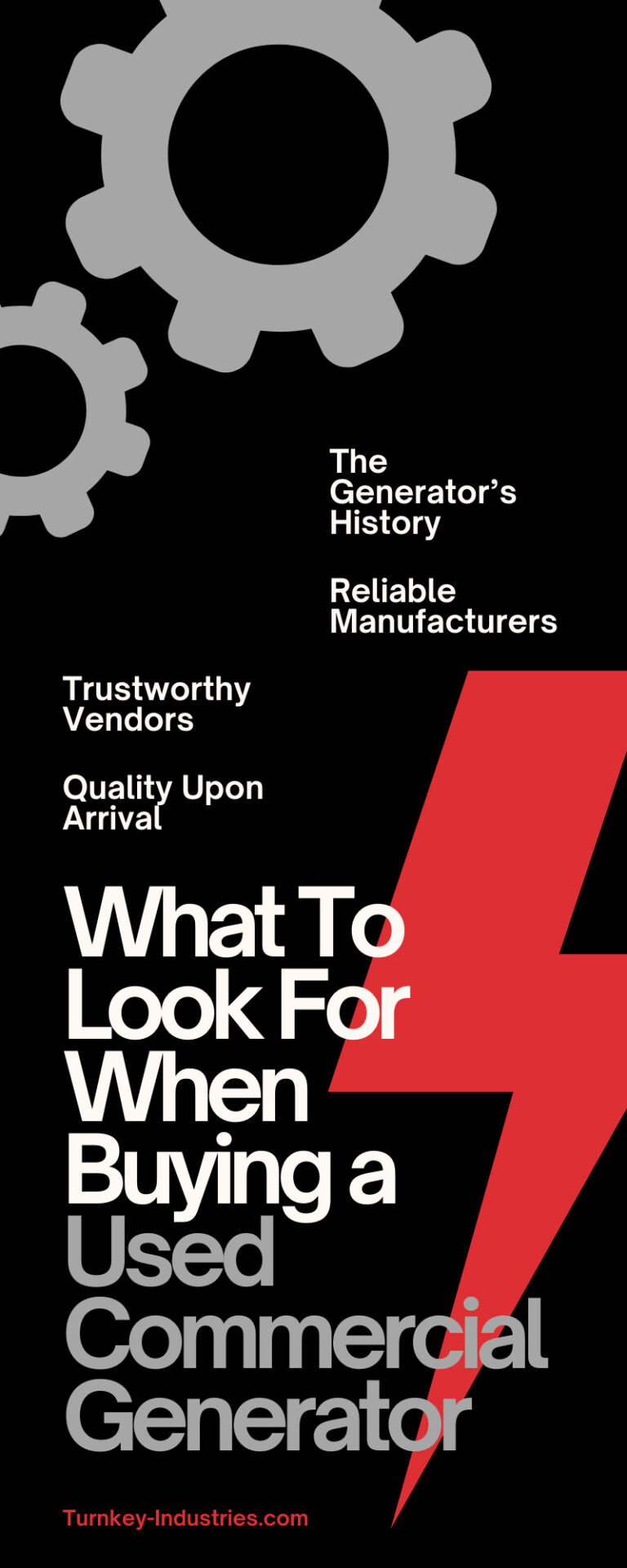
 Turnkey Industries offers a variety of high-capacity
Turnkey Industries offers a variety of high-capacity 